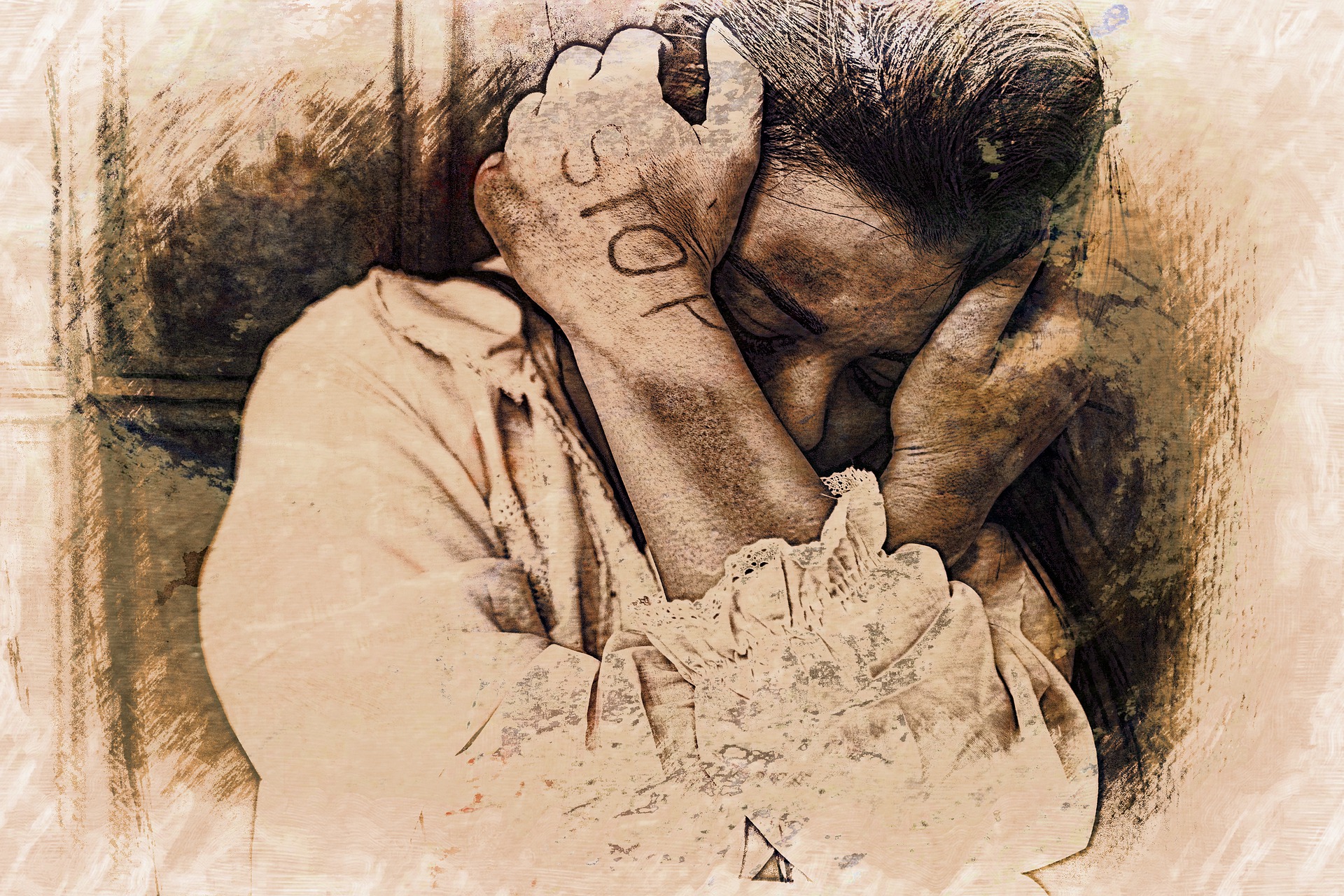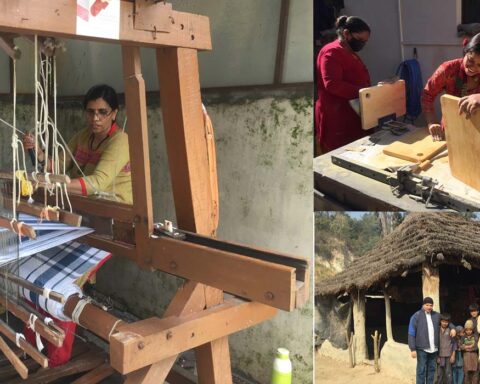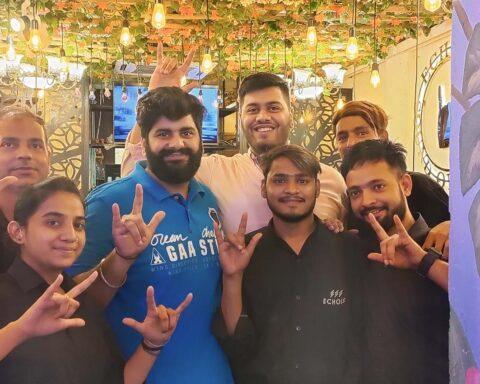On the matter of criminalising marital rape, the Delhi High Court on May 11 delivered a split verdict. The two judges, Justice Rajiv Shakdher and Justice Hari Shankar, failed to agree on their verdict on petitions seeking to make marital rape a crime. The case will now go to the Supreme Court.
The judgment came on petitions filed by two NGOs, RIT Foundation and All India Democratic Women’s Association, and two individuals, challenging the constitutional validity of the second exception to Section 375 of the Indian Penal Code (IPC) in 2015. The petitions challenge an exception under rape laws that protects men who have non-consensual sex with their wives from criminal prosecution if the woman is not a minor, or above 18.
Section 375 defines the offence of rape, with an exception for sexual intercourse between a married couple. “Sexual intercourse by a man with his own wife, the wife not being under fifteen years of age, is not rape,” says the exception.
Justice Shakdher said the exception violated Articles 14, 19 and 21 of the Constitution dealing with the Right to Equality, Freedom of Speech and Expression and Protection of Life and Personal Liberty.
He added, the courts cannot substitute their subjective value judgement for the view of the democratically-elected legislature and the exception “was based on marriage as an intelligible criteria”.
State cannot have a plausible ‘legitimate interest’ in saving a marriage when that marriage is ‘tyranny’, said Justice Rajiv Shakdher, adding that it is incumbent on courts to take decisions concerning complicated social issues and not “dribble past them.”
“As that is the mandate of the Constitution and, therefore, a duty and obligation which must be discharged if one is to remain true to the oath taken under the Constitution. Thus, the mea culpa on behalf of the institution is that one way or the other the issue ought to have been laid to rest much earlier,” Justice Shakdher said in his judgment.

























